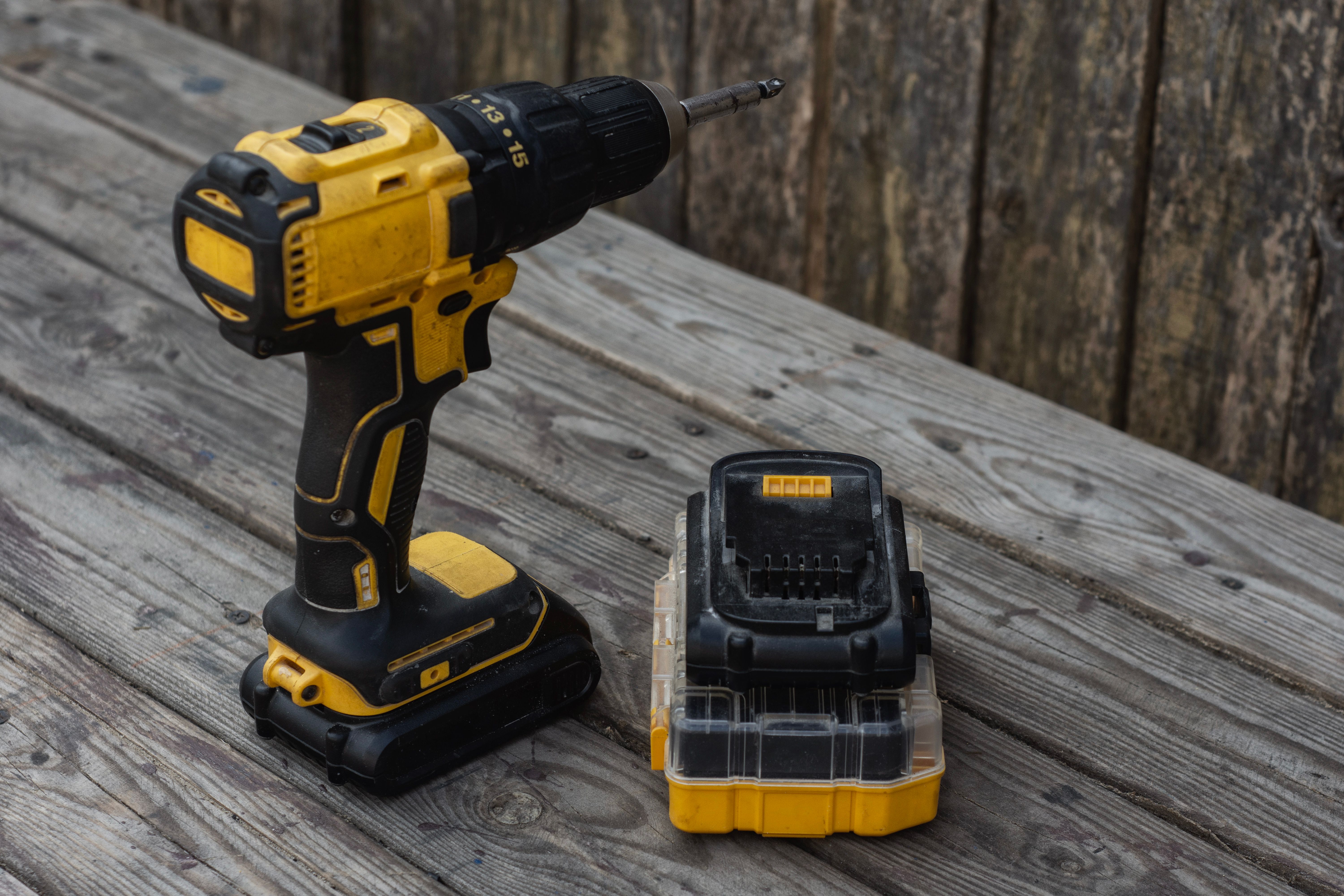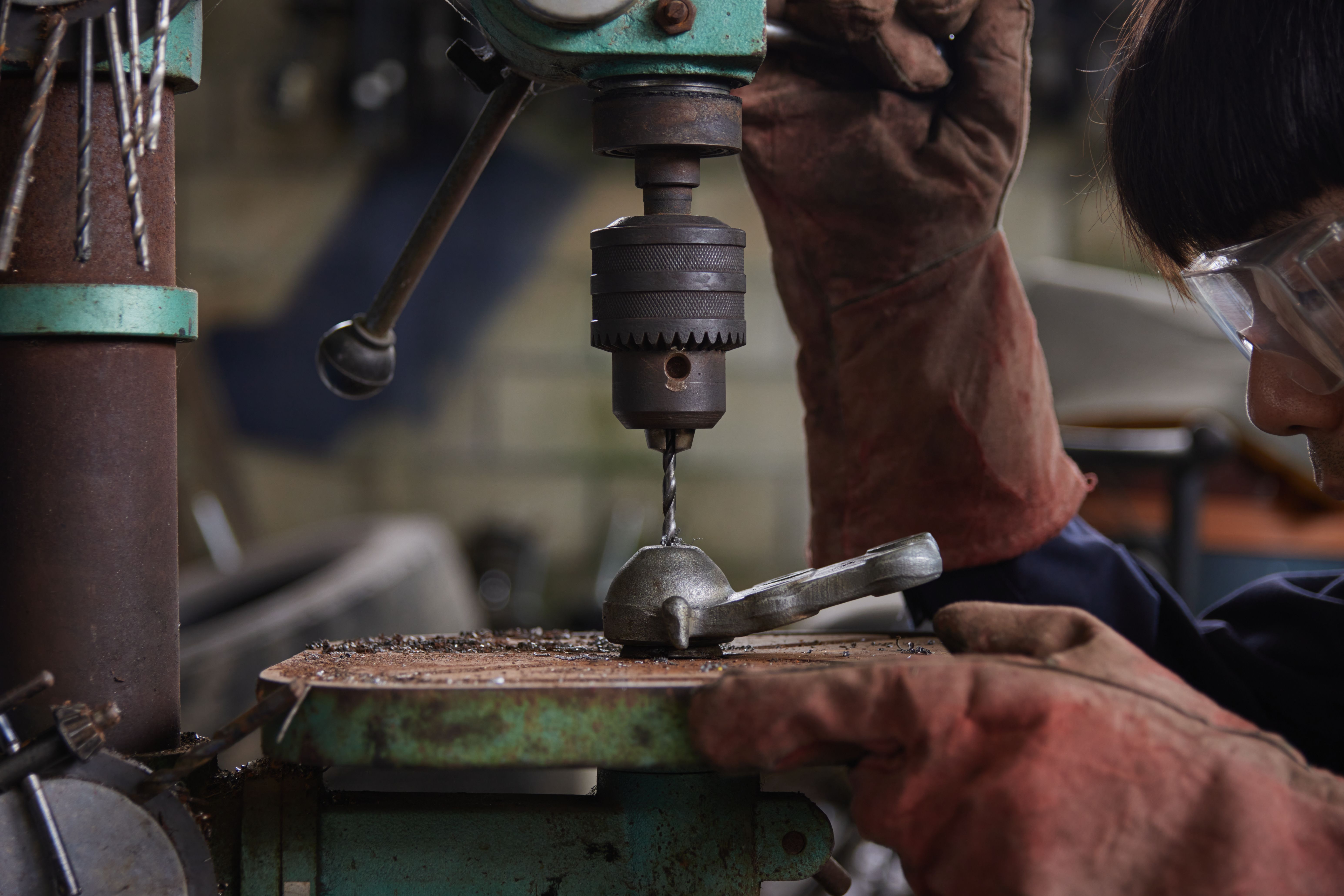Avoid These Drilling Mistakes: Tips from Wiesbaden Experts
RR
Understanding the Basics of Drilling
Drilling, while seemingly straightforward, involves a level of precision and technique that can significantly impact the quality of your work. Whether you're a seasoned professional or a DIY enthusiast, avoiding common mistakes is crucial for successful projects. Our experts in Wiesbaden have compiled essential tips to help you drill with confidence.
First, always ensure you have the right drill bit for your material. Using the wrong bit can lead to inefficient drilling and even damage to your materials. For instance, using a wood bit on metal can dull the bit quickly and produce poor results.

Improper Drill Speed
One of the most common mistakes is using the incorrect drill speed. Different materials require different speeds for optimal drilling. For example, metals typically need a slower speed compared to wood. Adjust your drill settings accordingly to prevent overheating and ensure a clean cut.
Additionally, applying too much pressure can lead to overheating and wear out your drill bit faster. Let the drill do the work and use a steady, gentle force to maintain control and precision.

Ensuring Accurate Measurements
Accurate measurements are the cornerstone of any successful drilling project. Failing to measure properly can lead to misaligned holes and structural weaknesses. Always double-check your measurements before drilling, and use a level to ensure everything is aligned correctly.
Mark your drilling spots clearly with a pencil or marker. This simple step can save you from costly mistakes and ensure your work looks professional.
Ignoring Safety Precautions
Safety should always be a top priority. Many people overlook basic safety measures when drilling, which can lead to accidents. Always wear safety goggles to protect your eyes from debris, and use gloves to safeguard your hands.
Ensure your work area is clean and free from obstacles. A cluttered space can lead to accidents and impact your ability to work efficiently.

Choosing the Right Drill for the Job
Not all drills are created equal, and selecting the right one for your specific task is essential. Consider the material you're working with and the type of holes you need to create. A hammer drill, for example, is ideal for masonry, while a standard drill works best for wood and metal.
Investing in a quality drill that fits your needs will not only make your work easier but also improve the overall outcome of your projects.
Maintaining Your Equipment
Proper maintenance of your drilling equipment is vital for its longevity and performance. Regularly check your drill bits for dullness and replace them as needed. Clean your drill after each use to remove dust and debris that can accumulate over time.
Store your drill and accessories in a dry, safe place to prevent rust and damage. By taking care of your tools, they will serve you well for years to come.
